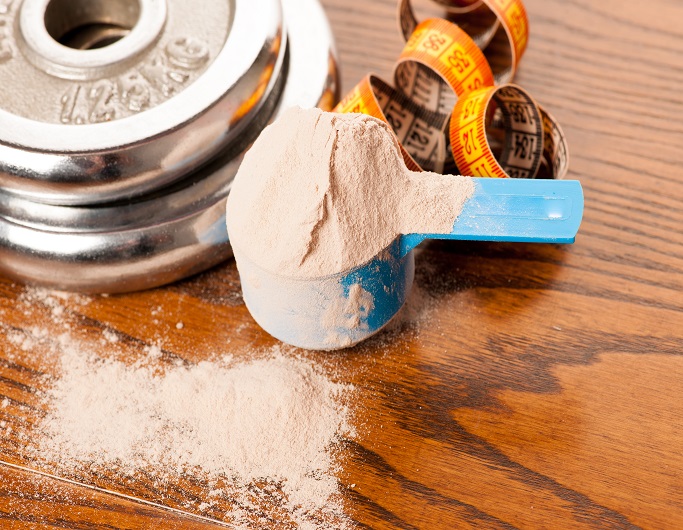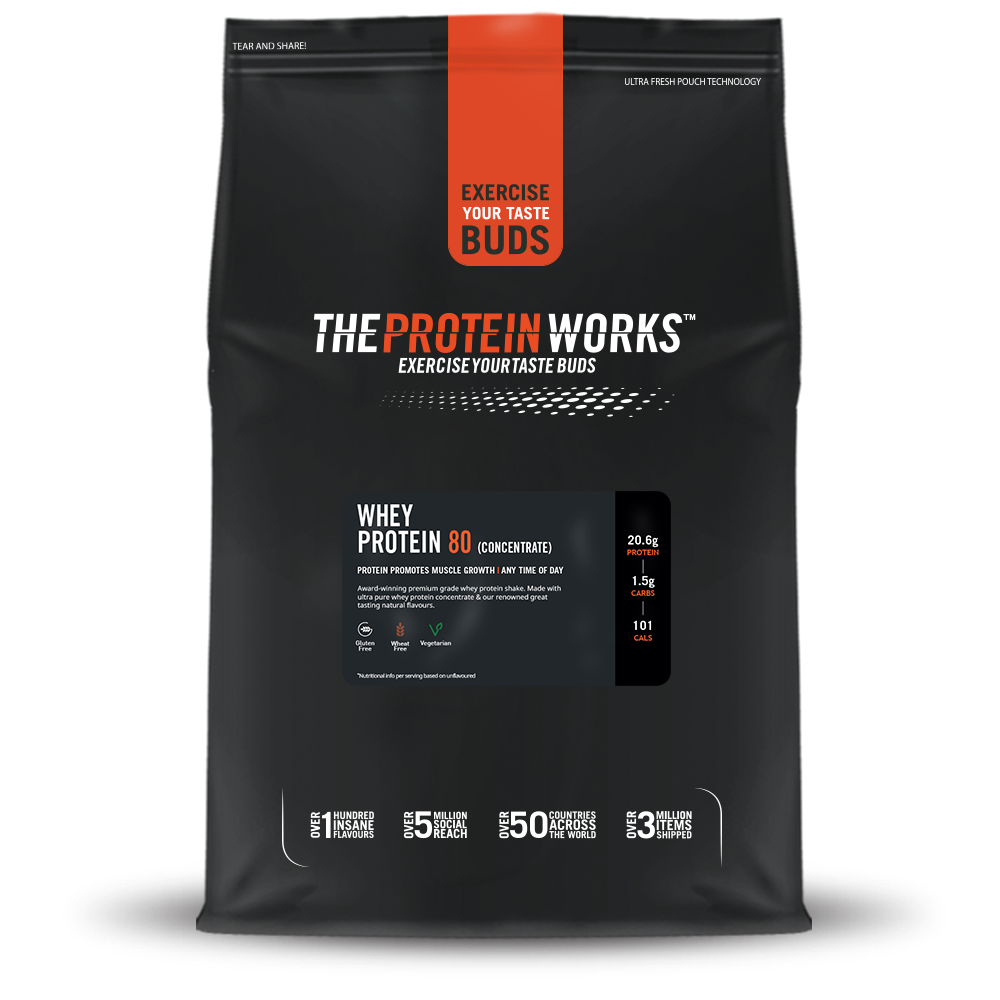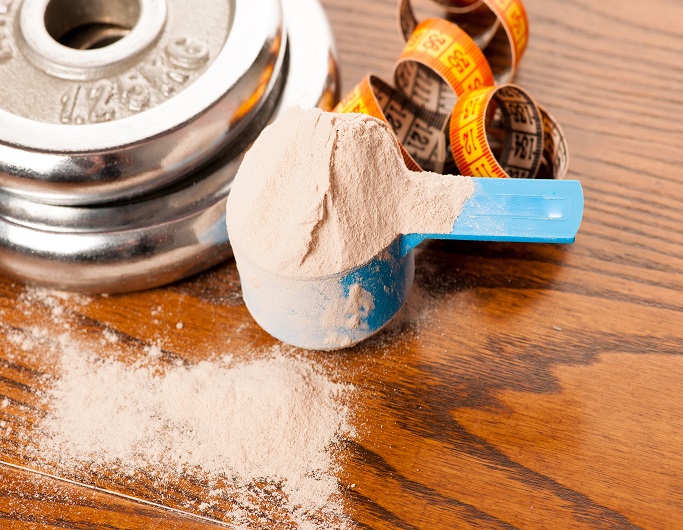Whey is basically the liquid by-product you get when making cheese and once you remove water from this liquid by-product you are essentially left with Whey Protein Concentrate (WPC) Powder. Now Whey Protein Concentrate 80 is a specific type of whey protein that has an 80% protein content, hence the use of the number ‘80’. It’s widely considered to be the most efficient and economical form of protein for the human body to digest and use and is quite possibly the world’s most popular sports supplement today.
Who Uses Whey Protein Concentrate
Whey Protein Concentrate is mainly used by athletes, bodybuilders or anyone who has an elevated need for protein in their diet, mainly because it’s the best way for them to get the amount of protein they require without eating dozens of eggs or buying kilos of meat which can be expensive and unhealthy. Athletes basically have a higher need for protein to help them cope with the demands of exercise and without it their muscles wouldn’t be able to recover efficiently.
Other Nutritional Benefits
Whey Protein Concentrate also has the highest Biological Value (BV) of any known protein, this is basically a measurement of how efficiently the protein can be absorbed and used. It also contains high levels of both essential and non-essential Amino Acids, these are the smaller building blocks of protein and are needed by the body for a whole number of reasons such as recovery, increasing muscle, sports performance or even proper cognitive functioning.
Alternative Uses Of Whey Protein Concentrate
As well as being used by athletes and bodybuilders the world over, more recently it’s also been recommended by experts for people following a high protein low carbohydrate diet. This is because according to studies like that conducted in Switzerland and published in the American Journal of Clinical Nutrition (Kevin J Acheson et al, 2011) protein alone has been shown to keep you fuller for longer and also increase the burning of fat through digestion and since whey protein concentrate is obviously high in protein but low in carbohydrates, fat and lactose, it’s considered a great choice for those wanting to lose weight.
References:
- M. A. Tarnopolsky, S. A. Atkinson, J. D. MacDougall, A. Chesley, S. Phillips, and H. P. Schwarcz (1992) ‘Evaluation of protein requirements for trained strength athletes’ Journal of Applied Physiology November 1, 1992 vol. 73 no. 5 1986-1995
- Carlon M. Colker, Melissa A. Swain, Bill Fabrucini, Qiuhi Shi, Douglas S. Kaiman (2000) ‘Effects of supplemental protein on body composition and muscular strength in healthy athletic male adults’ Current Therapeutic Research, Volume 61, Issue 1, January 2000, Pages 19–28
- Darren.G Burke, Philip.D. Chilibeck, K.Shawn Davison, Darren. G. Candow, Jon Farthing and Truis Smith Palmer (2001) ‘The effect of whey protein supplementation with and without creatine monohydrate combined with resistance training on lean tissue mass and muscle strength’ International Journal of Sports Nutrition and Exercise Metabolism, 2001, 11, 349-364, 2001 Human Kinetics Publishers, Inc
- Kevin J Acheson, Anny Blondel-Lubrano, Sylviane Oguey-Araymon, Maurice Beaumont, Shahram Emady-Azar, Corinne Ammon-Zufferey, Irina Monnard, Stephane Pinaud, Corine Nielsen-Moennoz and Lionel Bovetto (2011) ‘Protein choices targeting thermogenesis and metabolism’ 2011 American Society for Nutrition








No Comments yet!